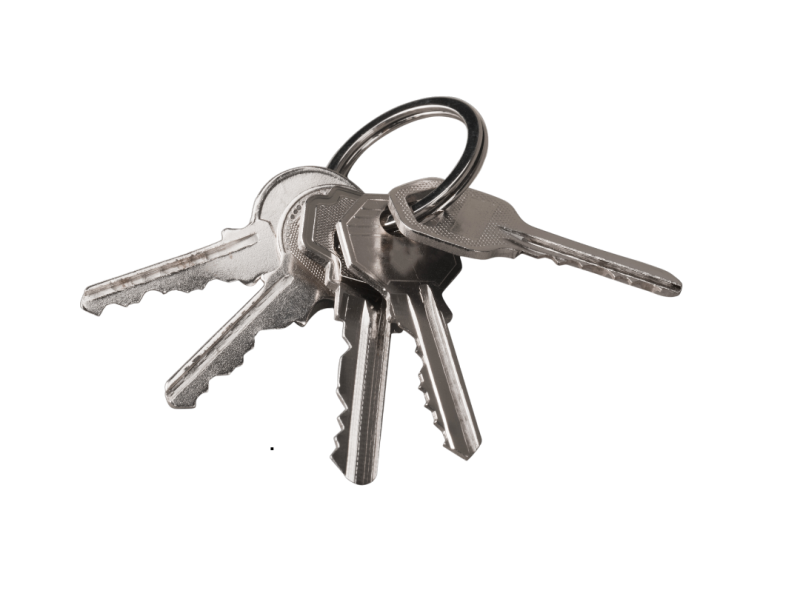
Early Rehabilitation and Consistency
- Start Early: Early intervention is crucial in stroke recovery, as the brain has an initial period of high plasticity, or capacity to rewire itself.
- Consistency: Repetitive exercises help the brain form new pathways, compensating for damaged areas.
Healthy Diet and Hydration
- Nutritional Support: A balanced diet supports brain and physical health, aiding in the healing process. Nutrient-rich foods, especially those high in omega-3 fatty acids, antioxidants, and proteins, are particularly beneficial.
- Hydration: Proper hydration is essential for overall health and helps maintain energy and mental focus.
Regular Cardiovascular Exercise
- Improving Cardiovascular Health: Engaging in light to moderate exercise, as approved by a healthcare provider, helps with circulation, endurance, and mood. Activities like walking, swimming, or stationary cycling are often recommended.
- Boosting Neuroplasticity: Exercise can stimulate brain repair and growth, making it a powerful component of rehabilitation.
Mental Health Support
- Counseling and Therapy: Emotional challenges such as depression and anxiety are common after a stroke. Therapy and counseling can help manage these, fostering a more positive outlook on recovery.
- Support Groups: Connecting with others who have had similar experiences can provide valuable support and motivation.
Mental Exercises and Cognitive Training
- Brain Stimulation: Memory games, puzzles, and cognitive exercises can support cognitive recovery, enhancing skills like memory, focus, and problem-solving.
- Skill Building: Practicing fine motor tasks and other brain-stimulating activities helps strengthen mental and motor connections.
Family and Community Support
- Involvement of Family and Friends: Having a supportive network can significantly enhance emotional well-being and motivation.
- Community Resources: Many communities offer stroke support groups, therapy programs, and recreational activities for survivors, which can improve social engagement and morale.
Sleep and Rest
- Healing through Rest: Sleep is crucial for recovery, as it allows the brain and body to heal. Quality rest can improve mood, focus, and physical energy, all essential for effective rehabilitation.
- Sleep Hygiene: Maintaining a regular sleep schedule and a calming bedtime routine supports restful sleep.
Medication Adherence
- Preventing Complications: Following prescribed medications for blood pressure, cholesterol, or blood clot prevention can reduce the risk of further strokes.
- Working with Healthcare Providers: Regular follow-ups help ensure medications are adjusted as needed and any side effects are managed effectively.